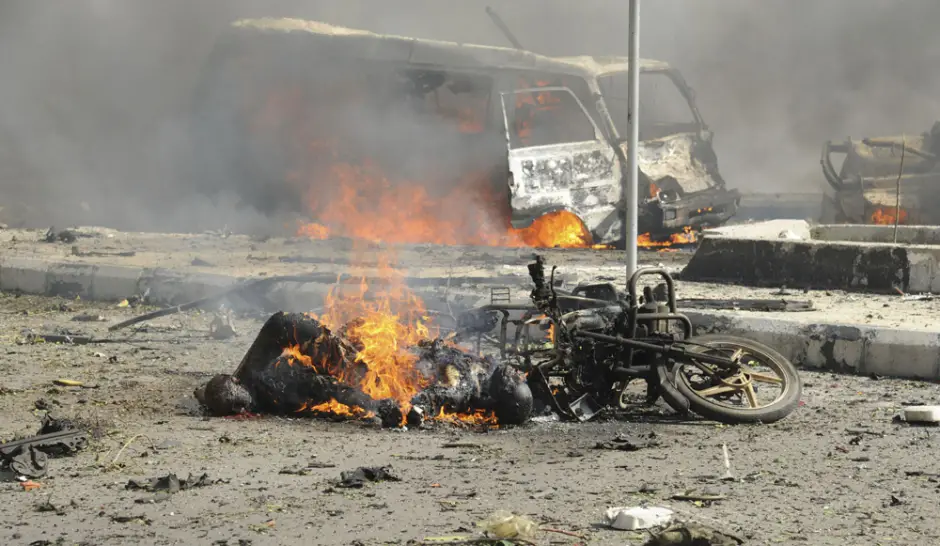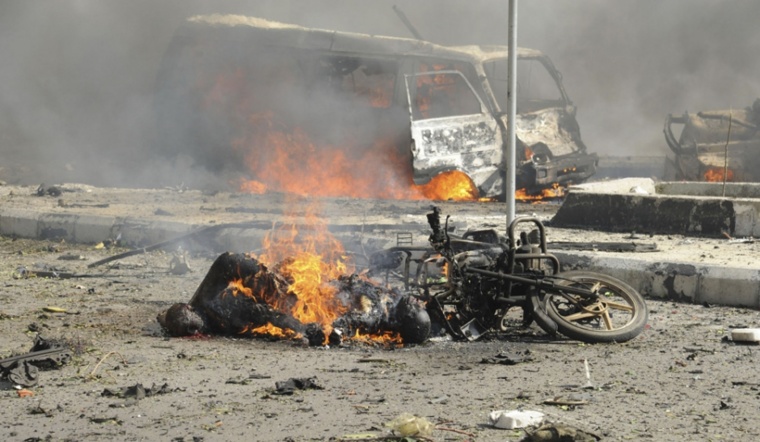By Elaine Roberts, Area Studies (elaine.roberts@tandf.co.uk)
Negotiators in Geneva might not have brought the conflict in Syria to an end last week, but work recently published by an academic from Radboud University in the Netherlands explains how the 2006–10 drought contributed to its start.
Writing in Middle Eastern Studies*, Francesca de Châtel makes it clear that “it was not the drought per se, but rather the government’s failure to respond to the ensuing humanitarian crisis that formed one of the triggers of the uprising, feeding a discontent that had long been simmering in rural areas.”
In her view, the situation now facing Syria is “the culmination of 50 years of sustained mismanagement of water and land resources”. The “relentless drive to increase agricultural output and expand irrigated agriculture” blinded policy makers to the limits of the country’s resources; overgrazing caused rapid desertification; the cancellation of subsidies for diesel and fertiliser as part of a botched transition to a social-market economy increased rural poverty; and countless families abandoned their farms for the cities in search of work.
In short, the “ongoing failure to rationalize water use and enforce environmental and water use laws” has depleted resources and caused “growing disenfranchisement and discontent in Syria’s rural communities”.
de Châtel is particularly critical of the culture of secrecy that surrounds the subject of water within the Syrian government. She claims that a “fixation on water as a ‘sensitive’ issue has extended far beyond strategic considerations and covers all levels of water management. Water has become a taboo that is reluctantly discussed, not only in the public domain but also at government level.”
The result is an avoidance of any deeper analysis of the country’s water troubles and merely cosmetic efforts at reform.
* Read the full article online: http://www.tandfonline.com/doi/full/10.1080/00263206.2013.850076
Find out more about Middle Eastern Studies at http://www.tandfonline.com/fses
Visit our newsroom at: http://newsroom.taylorandfrancisgroup.com/
 Menu
Menu
 Did Five Years of Drought Leads to Two Years of Revolution in Syria?
Did Five Years of Drought Leads to Two Years of Revolution in Syria?

















